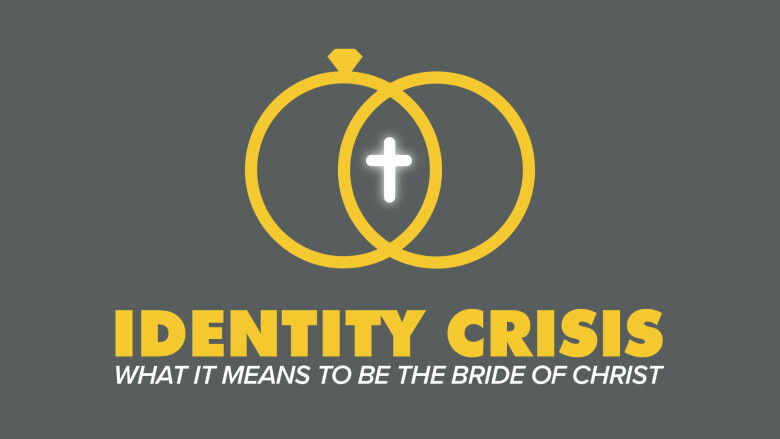Identity Crisis: What it Means to Be the Bride of Christ
How is the Church Governed: A Fitting and Orderly Way
How is the church to be governed? Who is in charge and how so? How are churches to organize themselves? Do we have bible for this?
3 ways to structure a church:
- Episcopal (episkopos/overseer)—Bishop-led, top down-primary model for 1600 years—Emperor, Roman Empire style—local congregation passive
- Presbyterian (presbuteros/elder)—Elder-led, top down—Republican Governance style—local congregation submissive
- Congregational – Community Consensus—Democratic Governance style—local congregation active
What church should you look for to put down roots of membership?
The church close to your residence that has a biblically-based model shaped by biblical values and behavioural requirements of a Christian.
A Church like this…
1. Leadership, not lordship (Matt. 20:25-28; Mk. 10:42f; Lk. 22:25f; Eph. 4:11; 5:21; 1 Tim. 5:17; Heb 13:17)
Where leaders are looking to develop and not dominate.
Leadership by elders, but not government by elders. Elders are not to rule so much as “lead the church into spiritually minded consensus.” (Heb. 13:7; Carson, “ Authority in the Church” 251) …and by example.
2. All, not some (1 Cor. 12:12f)
Where all people operate out of giftedness and not entitlement; where not all have a say, but all have a voice.
The eye cannot say to the hand, “I don’t need you!” And the head cannot say to the feet, “I don’t need you!”(1 Cor. 12:21) The empowerment of being necessary—the BODY
You also, like living stones, are being built into a spiritual house to be a holy priesthood, offering spiritual sacrifices acceptable to God through Jesus Christ. (1 Pet. 2:5)
3. Local, not hierarchical (Matt. 18:15-20; Acts 6:3; 13:2-3; 15:22; 1 Cor. 5:2; 2 Cor. 2:6)
Christ is the Head of the Priesthood and through the Spirit interacts directly with his people—no intermediary—to move the church to obey his teachings and mobilize the gospel.
LOCAL CHURCHES independently self-governed, self-regulating (KOK) and functioning with local oversight chosen by the local congregation is the NT example.
Where all the people are local owners and not recipients of distant orders. Local guardians of gospel truth as a counter to theological drift.
“Culture eats vision”—vision from afar cannot overcome the local culture—every member mission comes from every member stakeholder.
4. Servants, not consumers (Mk. 10:45; Rom. 12:1,2)
Christlikeness.
Where all the people ask what they can give and not what do they get.
Can we switch churches? “…church membership is not a matter of finding a place where one’s needs may be met, but finding a place where one can obey God’s commands with a clear conscience.” (Minutes of the Philadelphia Assoc., 1728 AD)
Consumerism is the threat of our era on responsible congregationalism—insisting on what you want rather than what you need, stands Christianity on its head. “Many assume their needs count for more than their loyalty.” (Shelley, Consumer Church, 166)
WHAT FORM OF POLITY MOST APPROXIMATES THESE BIBLICAL GOALS AND VALUES?
Congregationalism— small congregations
Semi Presbyterianism (Grenz, Theology for the Community of God, 725)—in more complex churches, congregational governance with delegated operational authority to elders—plural decision-making within agreed boundaries. Recognizing the entanglement of legal structures like incorporation place restrictions on traditional congregationalism—directors of charity.
Takeaways: WHICH CHURCH?
- Government is by the local congregation, which includes elders. Elders are supported to lead with biblical truth.
- Ministry by all to all for individual growth, discipleship, and generational mission.
- Where all the people are local owners and not recipients of distant orders. Local guardians of gospel truth as a counter to theological drift.
- Decision-making must align with our theology and not our temptation to pragmatism –CEO leadership often caves to dreams of bigness by selling goods and services rather than calling on people to “come and die” as Jesus did.
Series Information

